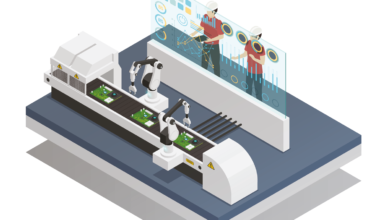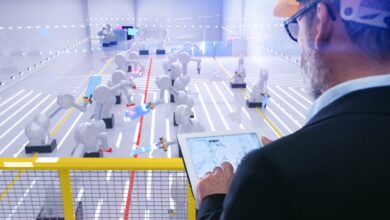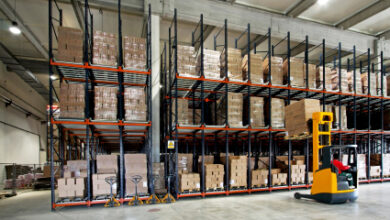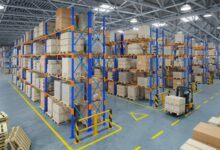Add Artificial Intelligence Support to Your Production with Asprova

According to a recent McKinsey study, the probability of cost reduction as a result of Artificial Intelligence is highest in two functions: production management and supply chain management. More than 60% of respondents in both areas reported saving due to AI. I believe this won’t come as a surprise to anyone interested in Industry 4.0, AI, machine learning (ML), and especially Big Data. These technologies operate on vast amounts of collected data, and an average production facility generates and stores massive amounts of data each year. As a result, there is a wealth of information that software utilizing production AI algorithms like Asprova can analyze in pursuit of efficiency gains and cost savings.
These savings typically manifest through improvements in efficiency, energy, and output values. In other words, in the production management process, manufacturers leverage analytical technologies to produce more with the capacity they already have. This can shorten machine downtimes and enhance performance. Essentially, planners starting to work with an advanced planning system like Asprova can foresee demand and capacity constraints in advance and manage these constraints better to deliver products to customers on time. The result is a decrease in unit costs and better utilization of working capital.
Detail Scheduling in Production Management
Making analytical-based predictions and optimizations with a low-detail view of operations is key to reducing costs in production management. But how does this play out in the actual reality of a production facility? For the uninitiated, planning at the true detail level of the production field is called detailed scheduling. A planner must consider many constraints applicable to any production program that a human observer simply observes the situation. This includes labor and machine capacity, customer requirements, part and raw material requirements for separate products, material list needs, and much more. All of these create a complex web of possibilities that can be challenging to untangle.
Fortunately, Asprova is designed precisely to tackle this complexity. Having a solution supported by AI like Asprova means a planner can undertake detailed planning in challenging conditions. These conditions may encompass a workshop environment where finding the single best answer might take too long. This positions you to configure an incredibly detailed level of a specific workload in a much shorter time than ever before. With the Asprova advanced planning software we offer, you can become much more responsive to both incoming and anticipated orders, enhance your performance in a timely manner, reduce waste and idle time, and satisfy your customers throughout the process.
Predictive Maintenance
One of the strongest uses of predictions in an AI-focused technology ecosystem is to forecast future demand to improve your sales and operations planning (S&OP) process. This way, you can more effectively match demand and capacity to protect yourself from costs associated with surpluses and shortages. However, beyond this use case, we can look at some niche ways in which AI can transform the field of production management. For example: predictive maintenance.
Currently, unexpected machine downtime due to failures or unplanned maintenance is a costly reality or a survival issue for most manufacturing operations. However, if it were possible to see failures coming in advance and take proactive measures to deal with them, you could reduce all costs associated with unplanned downtime. For instance, increased unit costs, high freight for rush orders after the facility is back online… When a AI system like Asprova is integrated into your software ecosystem, it’s possible to do just that. Algorithm-based predictions take live production data from your factory floor. Over time, the algorithms correlate certain factors, which would be nearly impossible for a planner to determine without AI, with impending failures. Once these connections are made, planners can receive notifications to take proactive steps to perform maintenance at the least disruptive moment when a failure probability appears.
You can see how we forecast maintenance with the real-time production planning optimization we offer with the Asprova software;
Network Planning
Speaking of cost optimization through production planning optimization: Another crucial way AI can help reduce costs and keep them low is through production network optimization. As we’ve seen in the examples above, this involves algorithmically identifying patterns that the naked eye probably wouldn’t notice. The more efficiently your production supply chain is structured, the lower you can keep logistical costs, and the faster you can complete re-planning when a disruption or another supply chain issue arises.
Often, this type of network optimization is accomplished using digital twins that present simulated models of your supply chain. These take real-time data so the model continuously reflects actual supply chain conditions. They also provide you with a collaborative environment where you can test theories and validate them using AI-supported models. Many production management and supply chain managers are doing these kinds of planning with advanced planning systems like Asprova.





